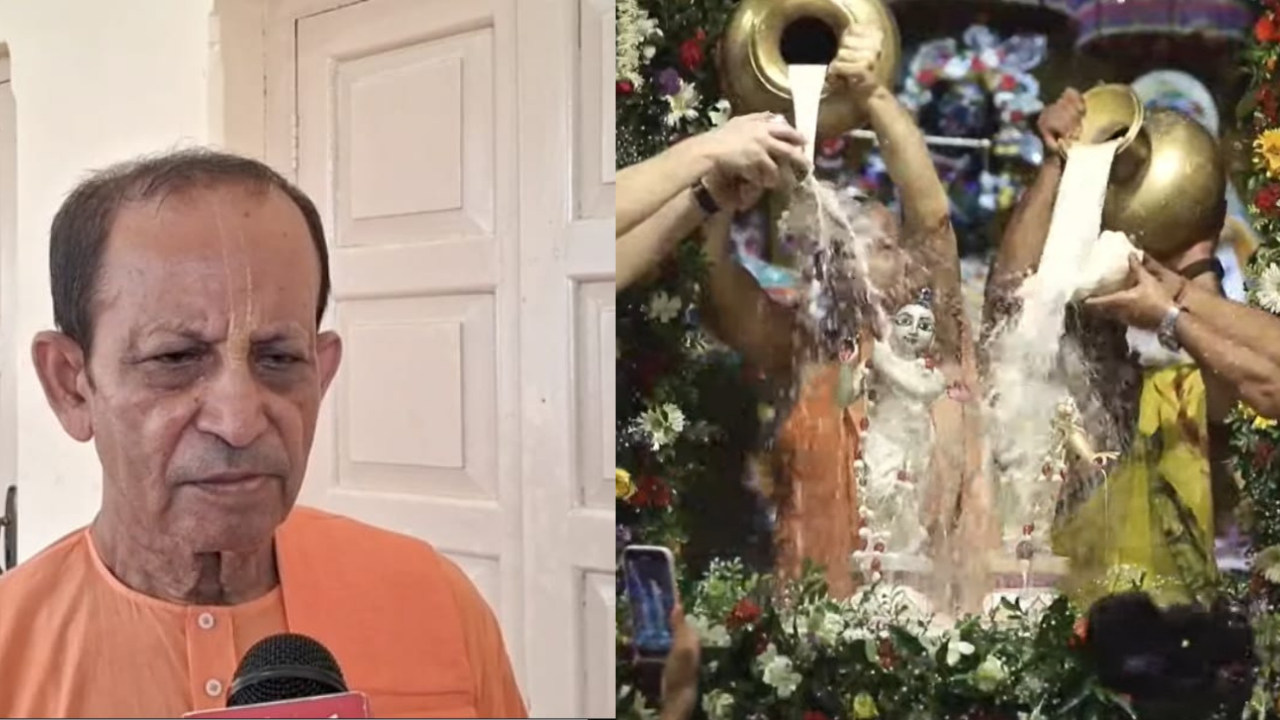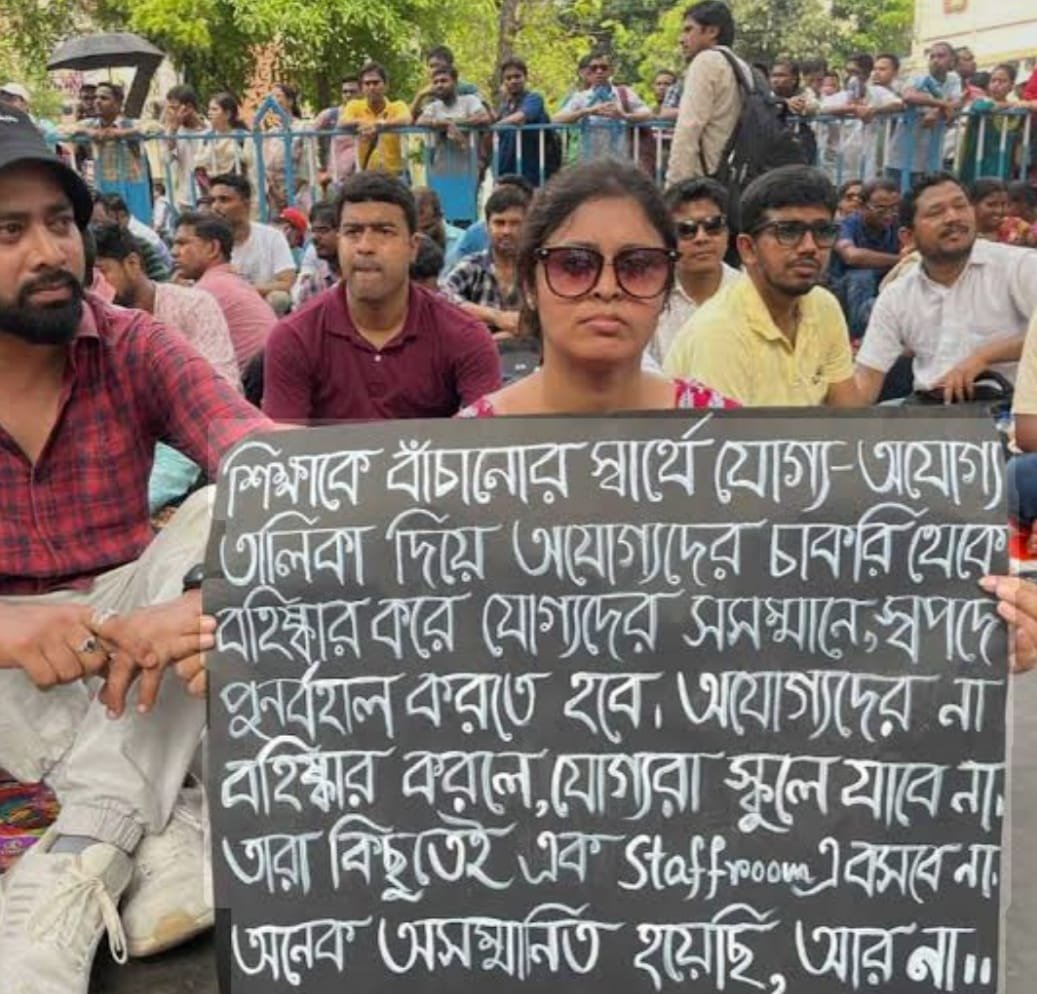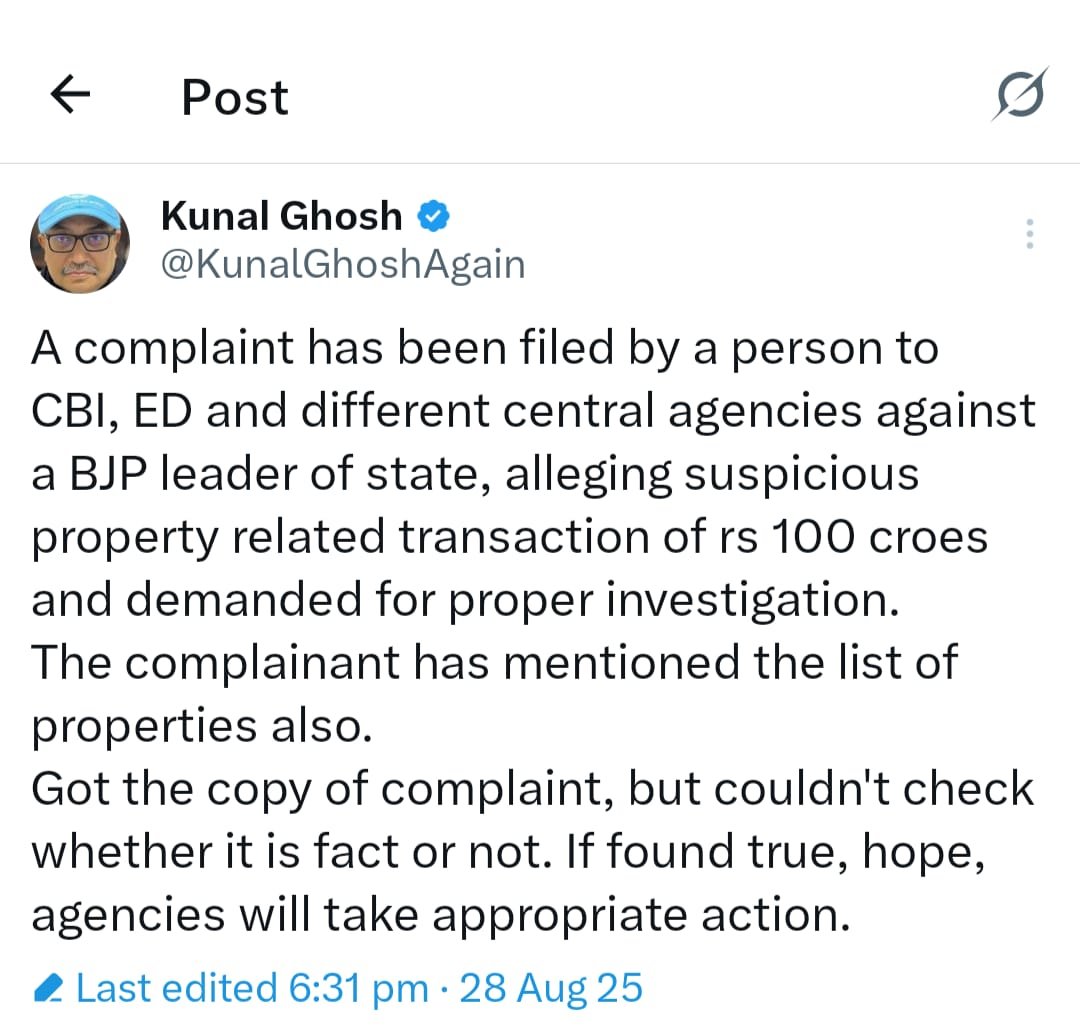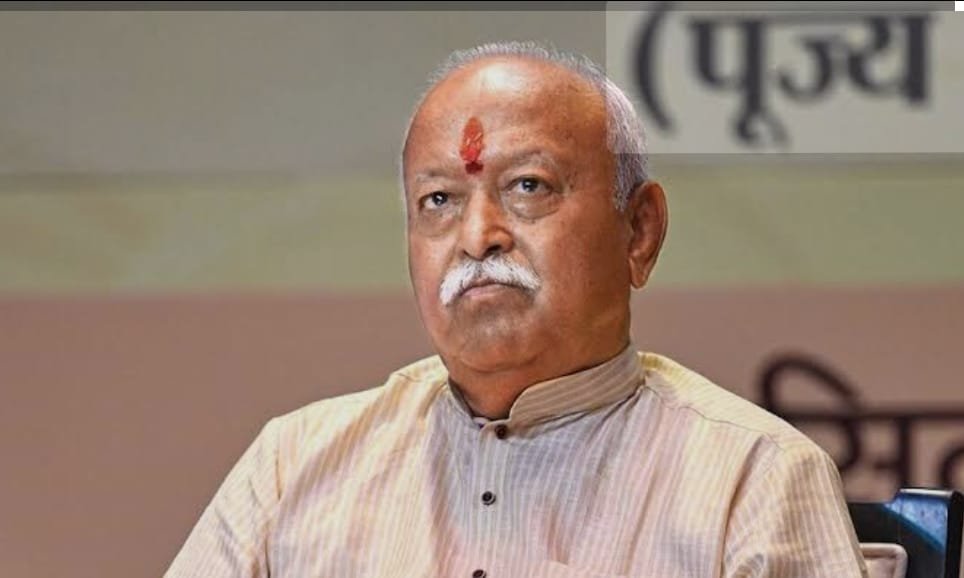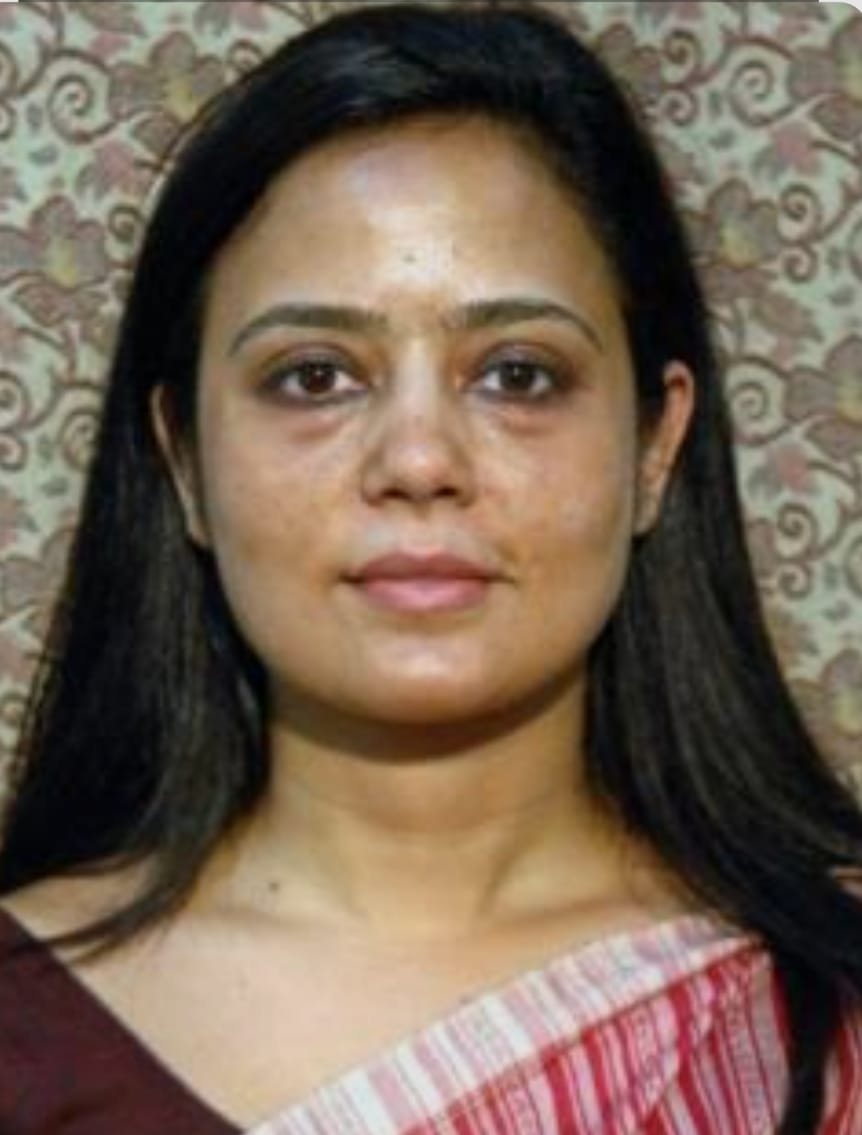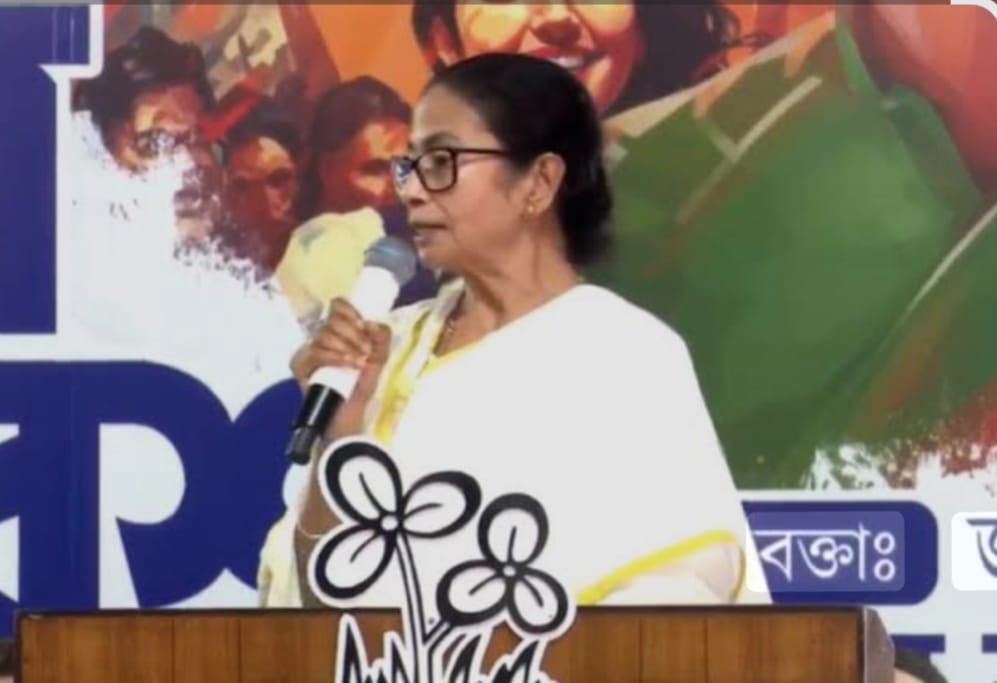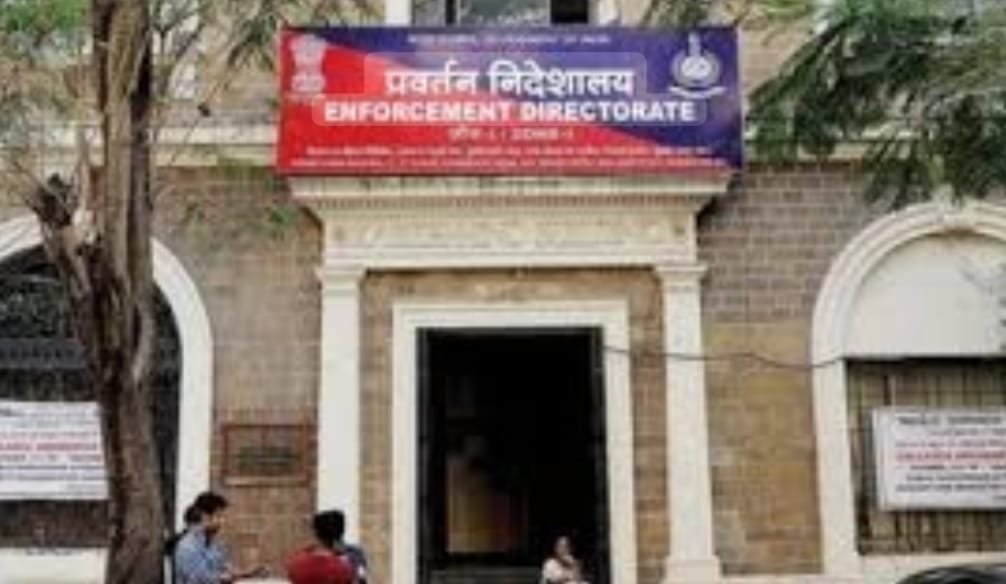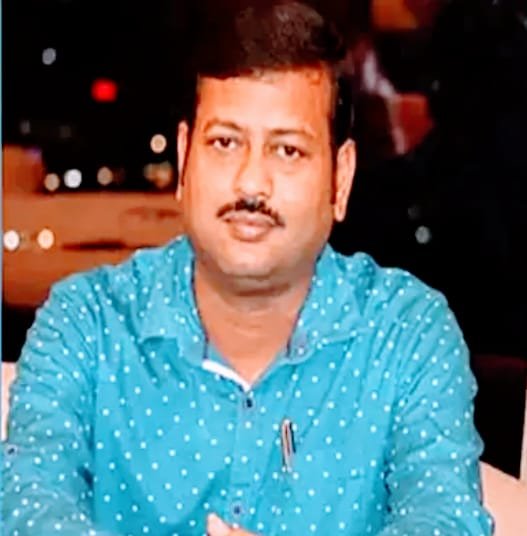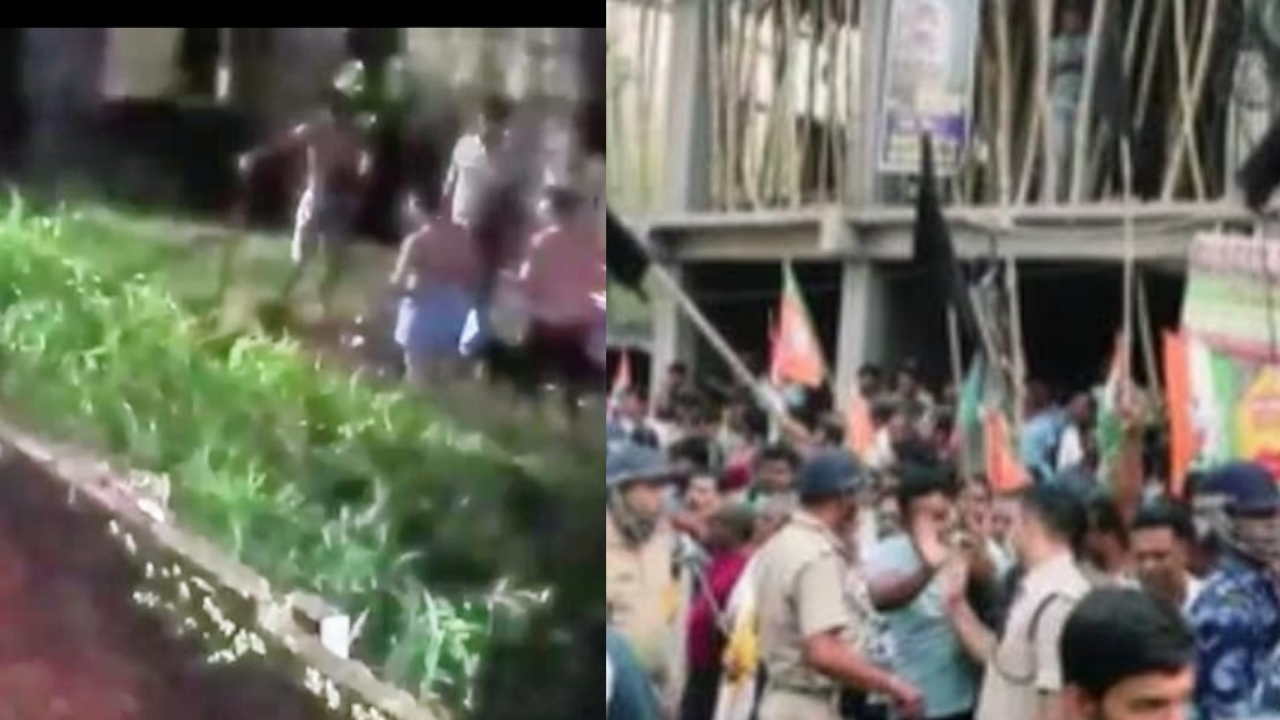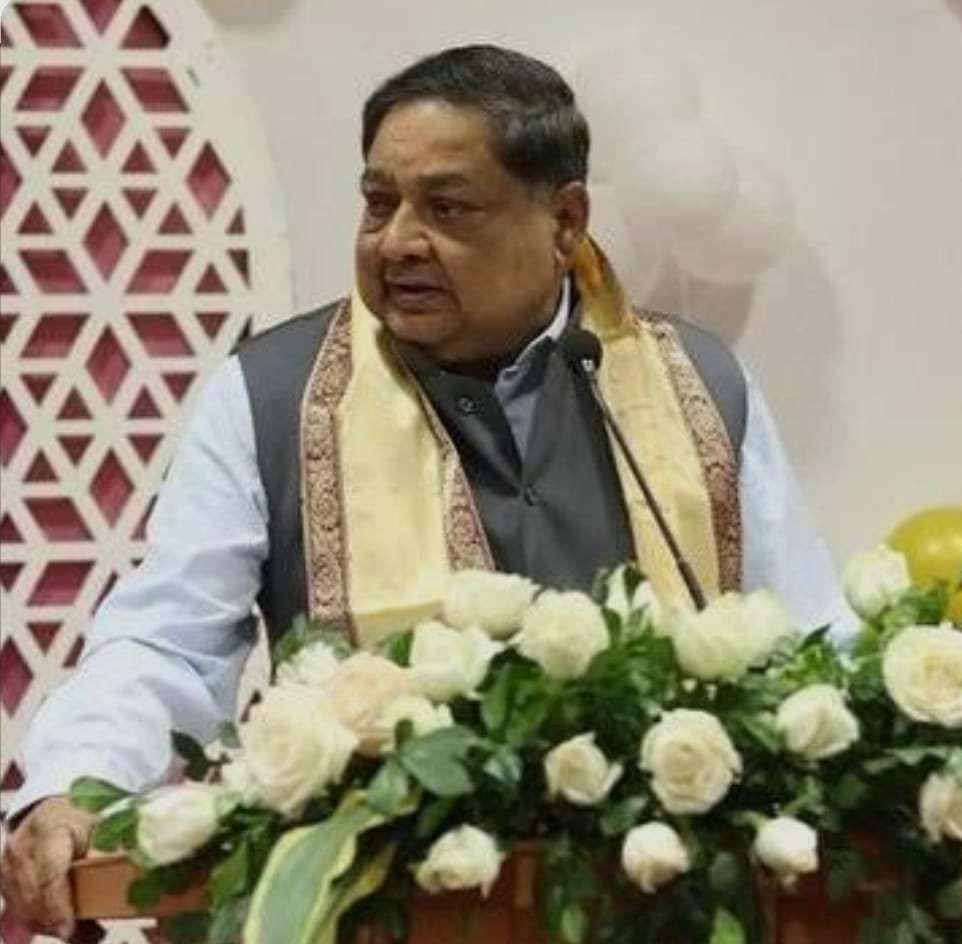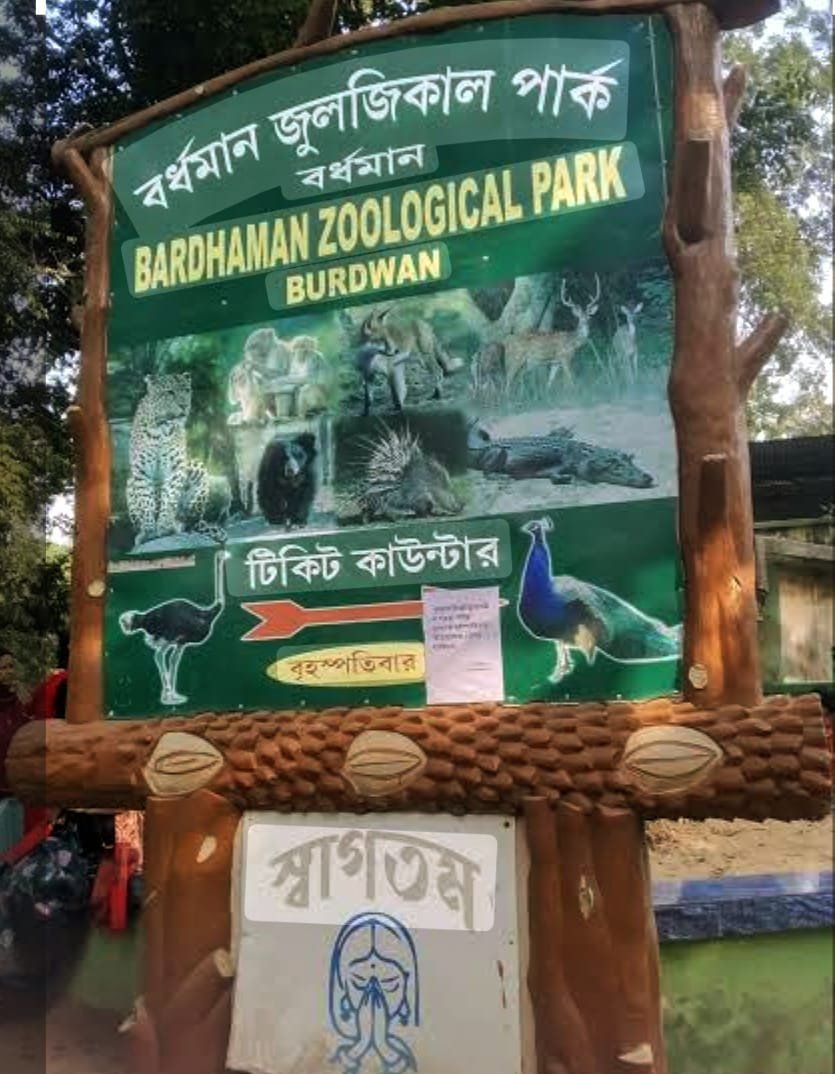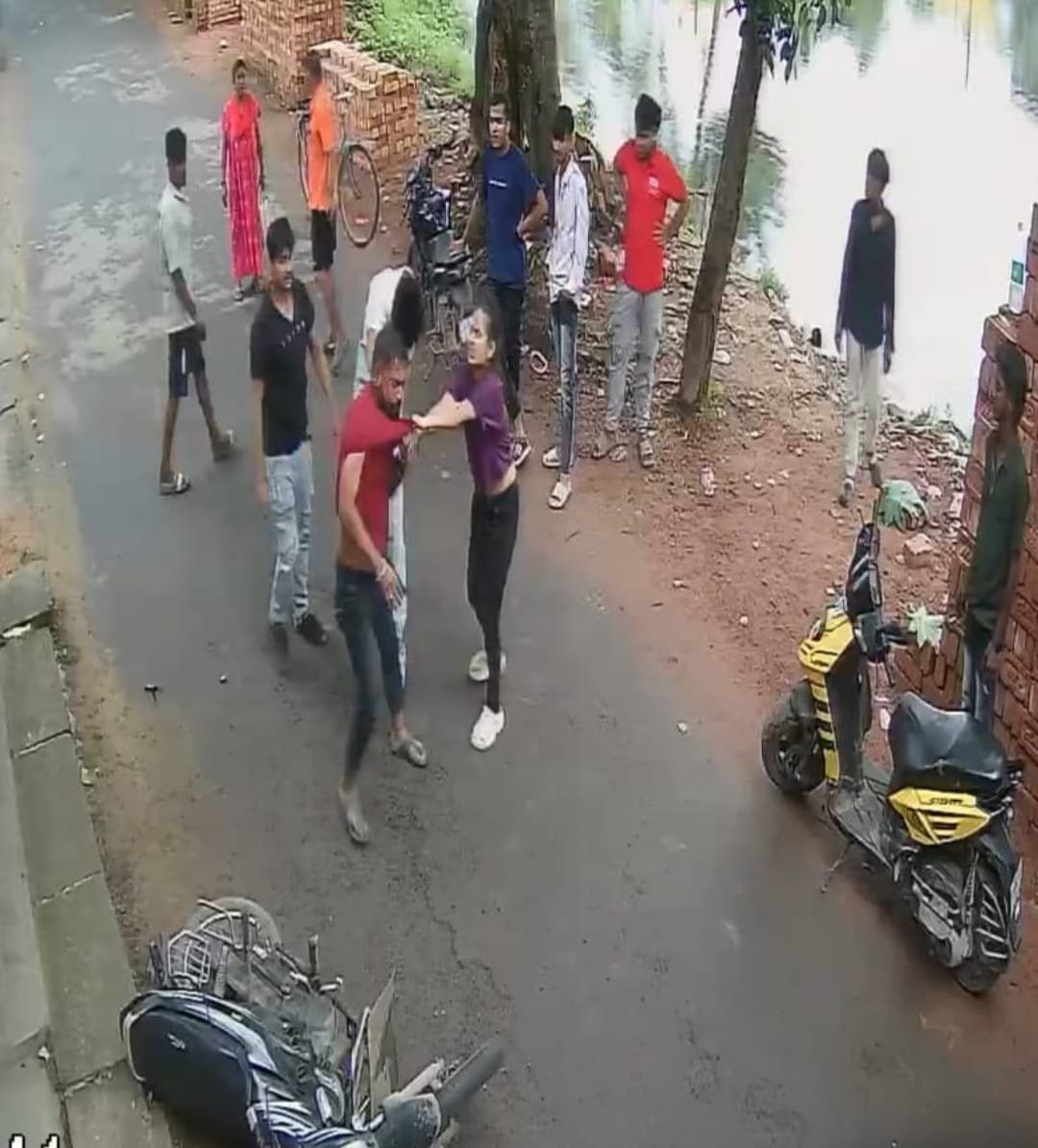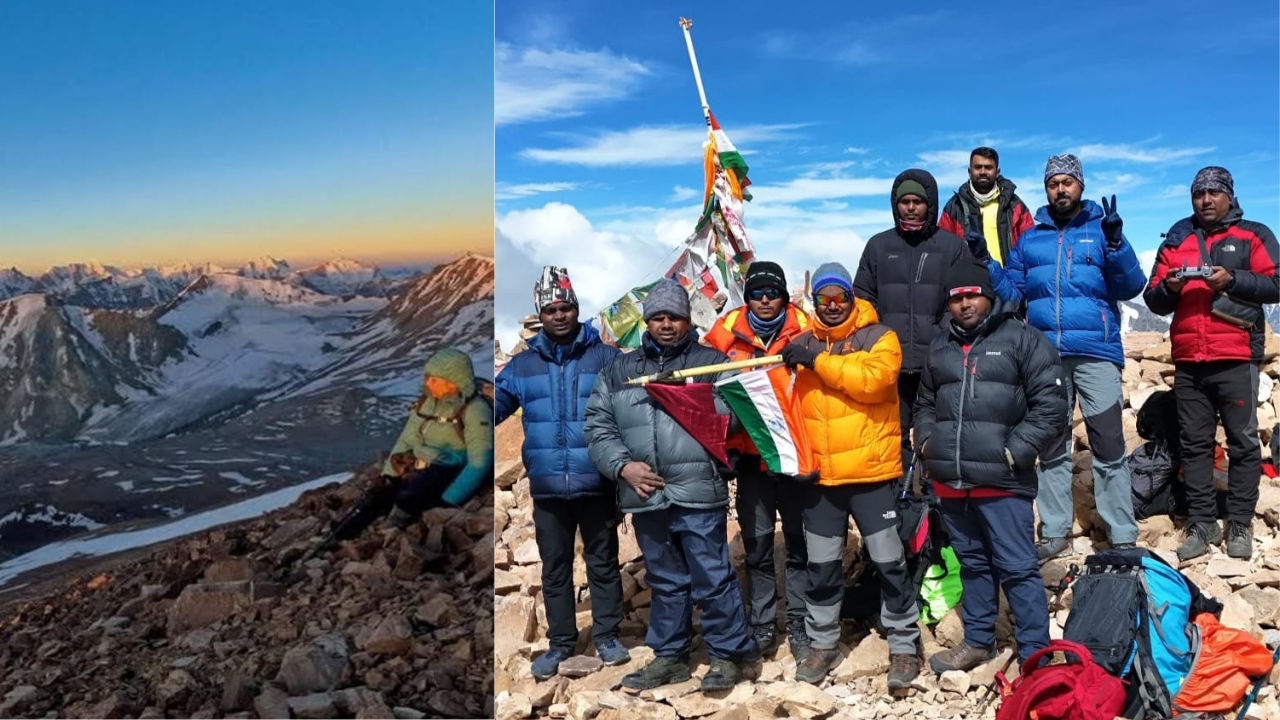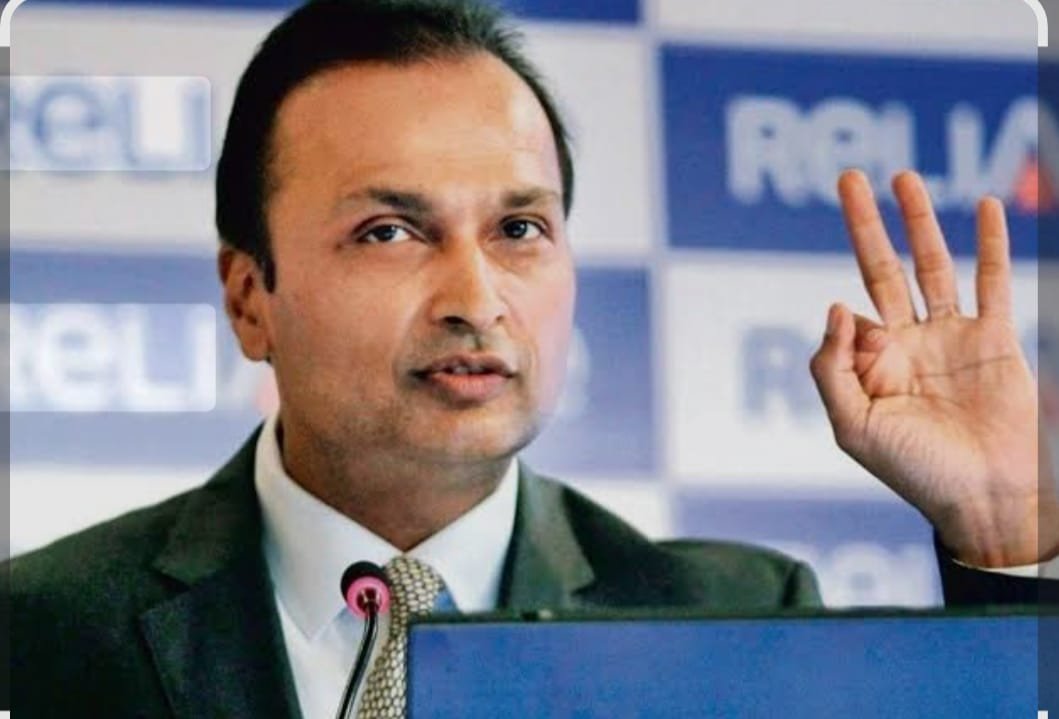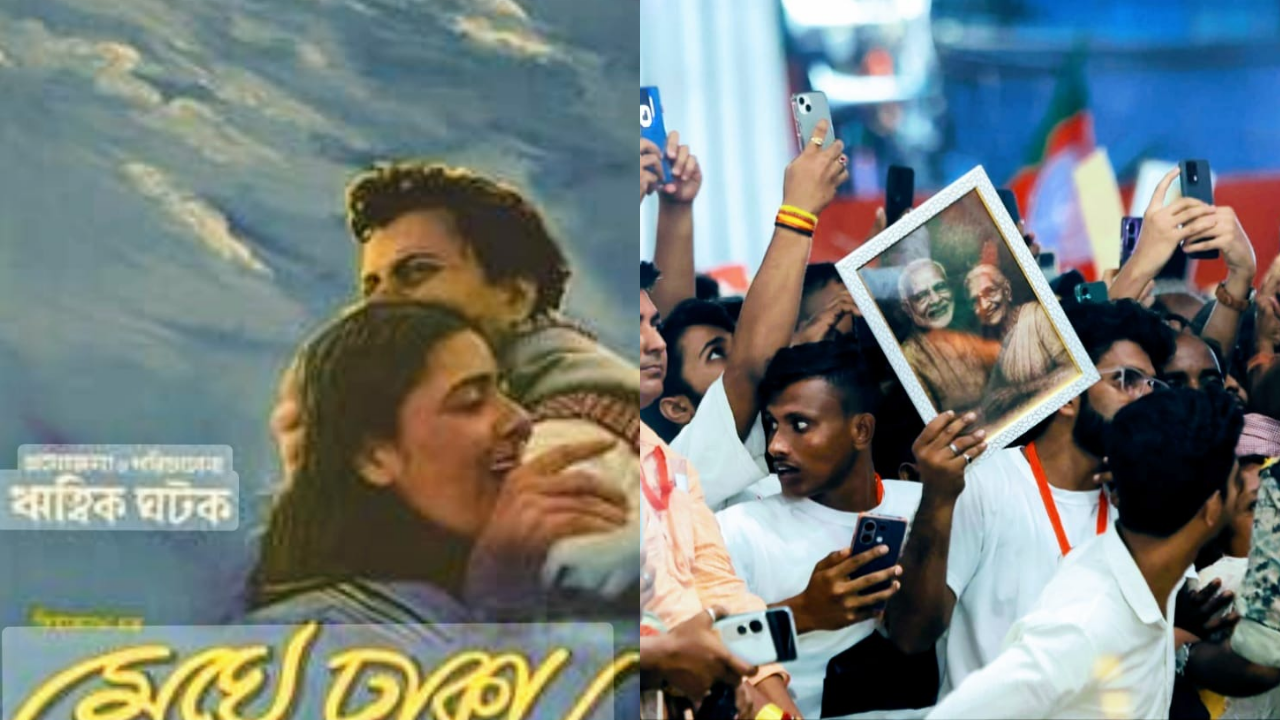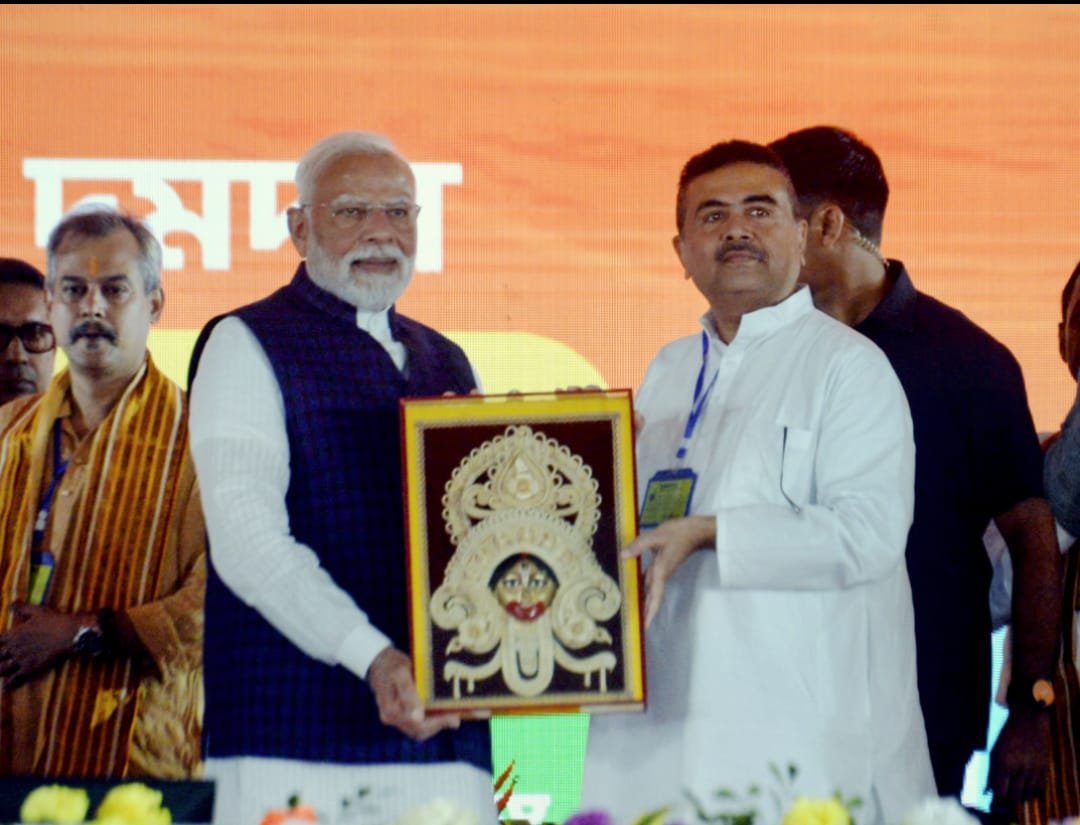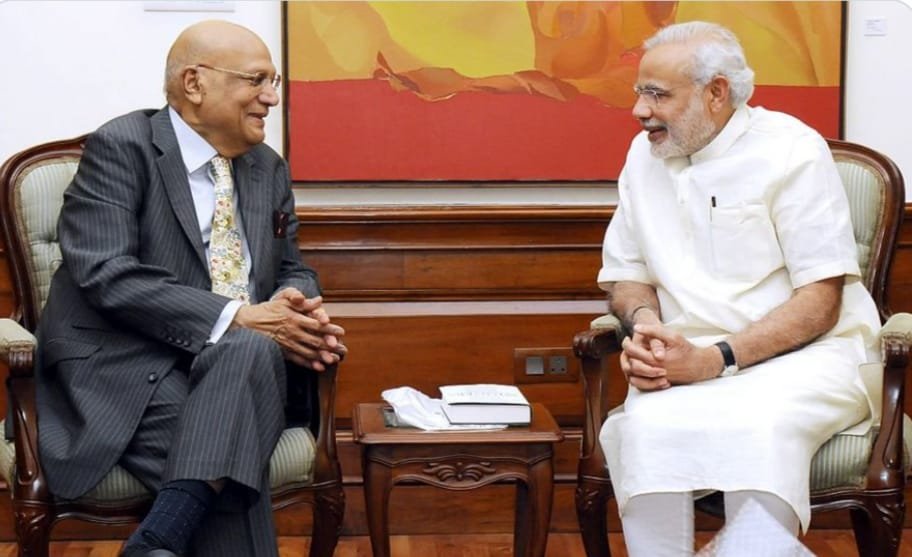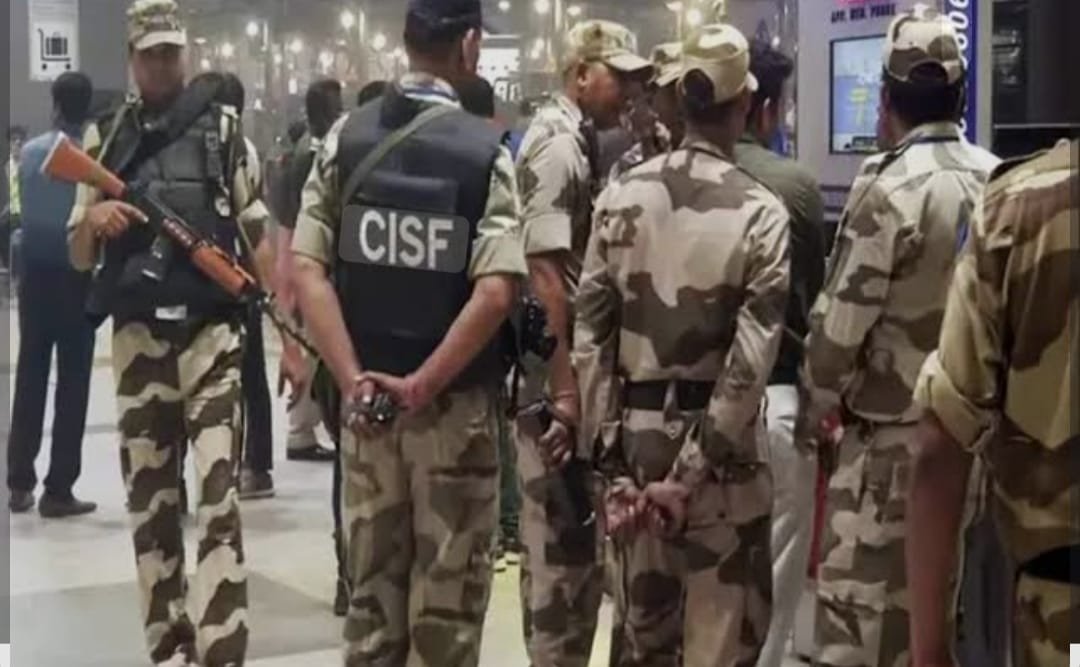Tens of thousands of people across the Indian state of West Bengal took to the streets on Thursday night in torch-lit vigils and rallies, demanding justice for a young female doctor who was raped and murdered at a Kolkata hospital last year.
The “Raatdakhhol” — literally “Night Occupation” — protests were held simultaneously in multiple locations, from Kolkata’s Shyambazar and Jadavpur to towns such as Burdwan, Ghatal, and Medinipur. The movement, spearheaded by a citizens’ collective known as Abhaya Manch (“Fearless Forum”), began exactly a year after a massive outpouring of public anger first swept the city on 14 August 2024.
In Kolkata, demonstrators gathered at key intersections — including Shyambazar, Rasbehari Avenue, Lake Town, and Nagerbazar — holding flaming torches, waving national flags, and using mobile phone flashlights to light the night. Many sat in circles on the pavement, reading poetry, staging street plays, and painting protest art on the road.
The rallies were not limited to the state capital. In Hooghly district, crowds gathered from Chinsurah to Singur; in Howrah, protesters occupied sites such as Kadamtala and Santragachi; and in Burdwan, people assembled near the historic Curzon Gate. In the southern suburbs, including Behala and Sonarpur, the protests were marked by both large turnouts and political tensions. Organisers accused local leaders from the ruling Trinamool Congress of trying to disrupt the events, a charge the party denied.
In Shyambazar, the mother of nine-year-old Tamanna Khatun — killed earlier this year in a bomb attack during a political victory procession in Nadia district — joined the rally, saying she wanted justice not only for her daughter but also for the murdered doctor.
Smaller towns such as Ghatal in West Midnapore and Ashoknagar in North 24 Parganas saw late-evening gatherings, with makeshift stages set up for speeches and cultural performances.
The original crime — the brutal rape and killing of a junior doctor at RG Kar Medical College in Kolkata — sparked nationwide outrage in 2024, drawing comparisons to the 2012 Delhi gang rape case. The victim’s colleagues have since led repeated strikes, marches, and symbolic occupations, demanding stronger protections for women in the workplace and faster trials in sexual assault cases.
On Thursday night, the chants of “We want justice” once again echoed through Bengal’s streets, underscoring the enduring anger and grief that has kept the case alive in public memory.


